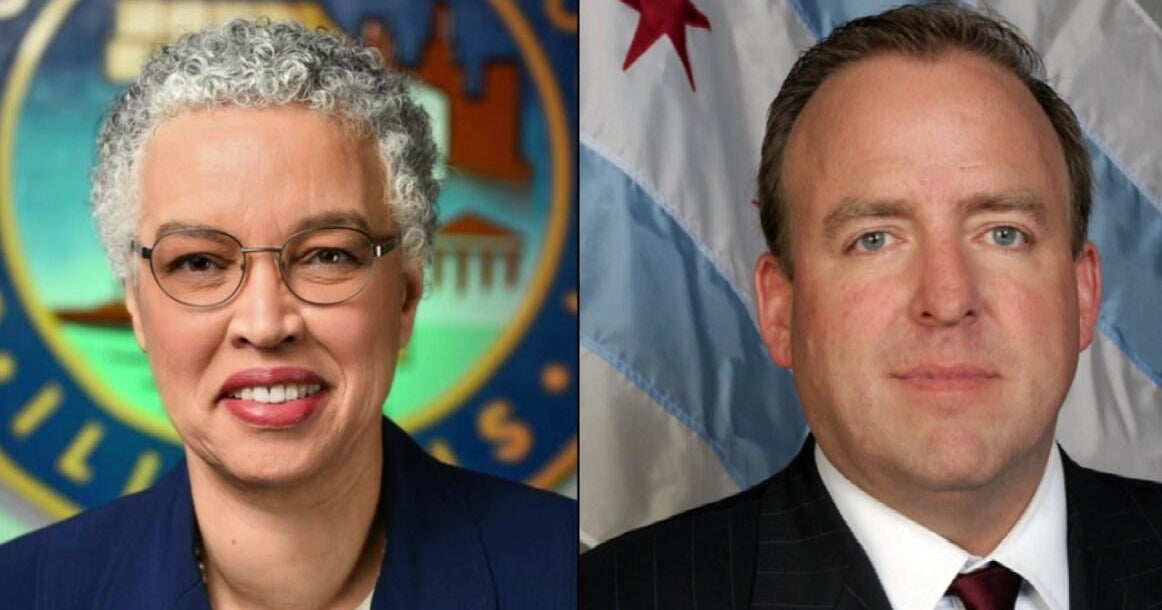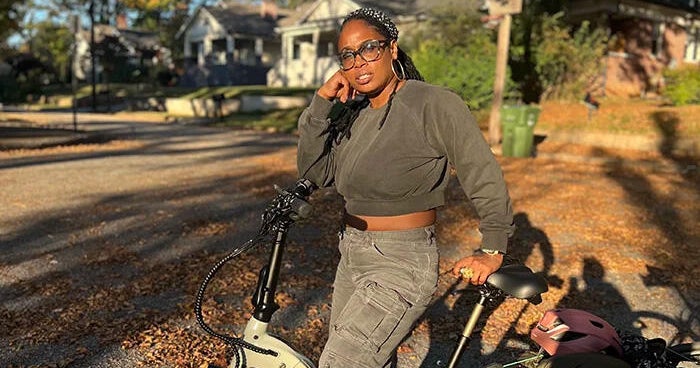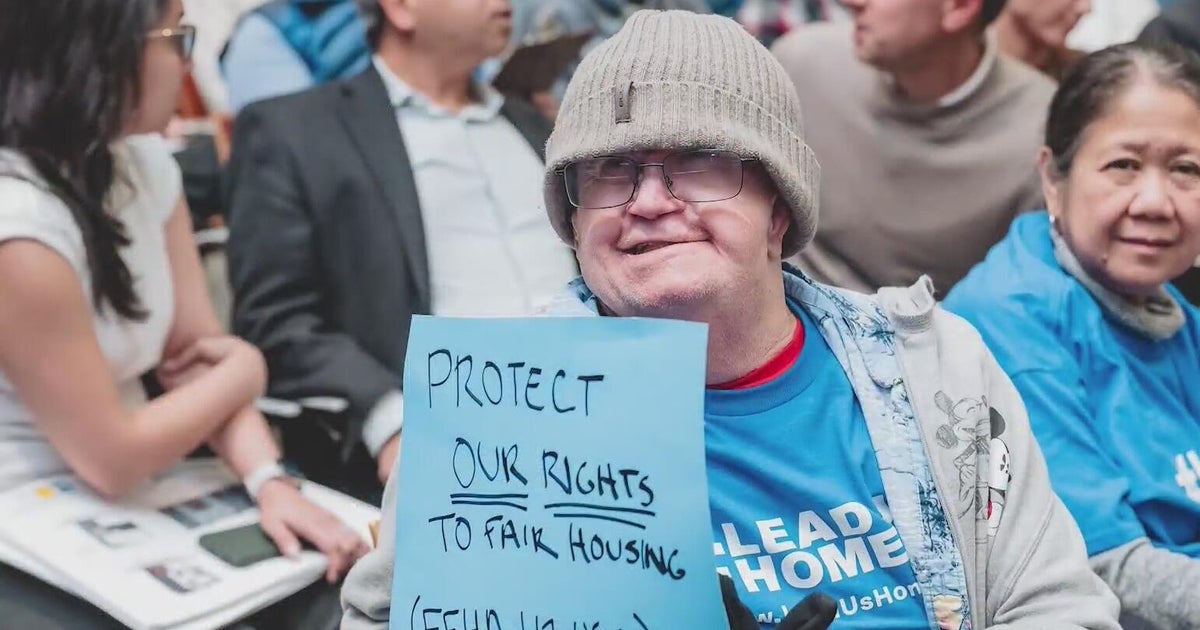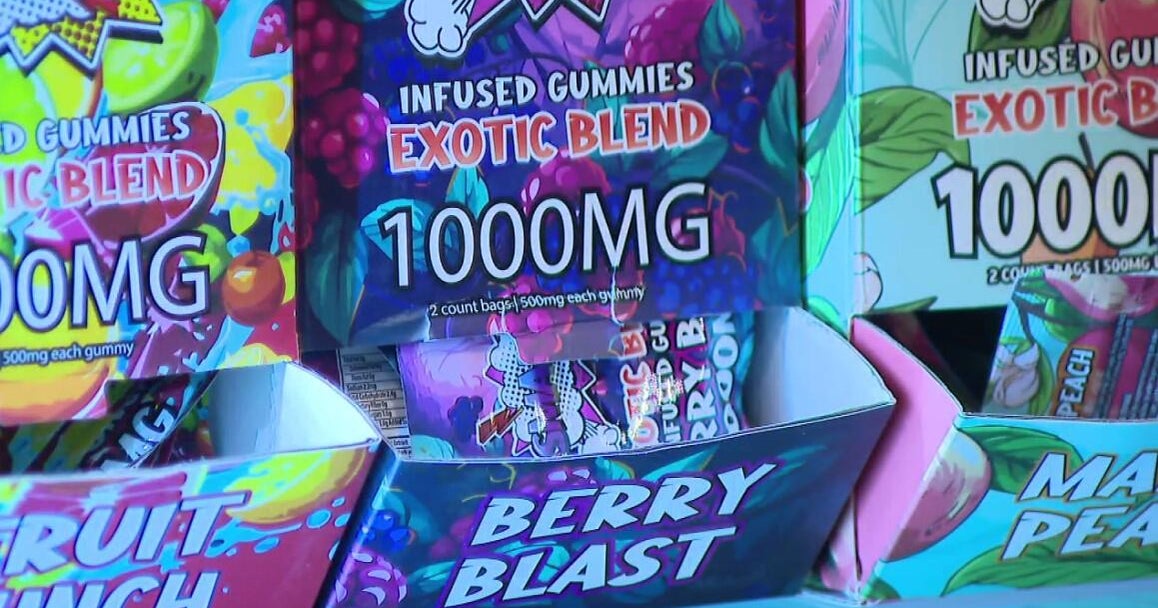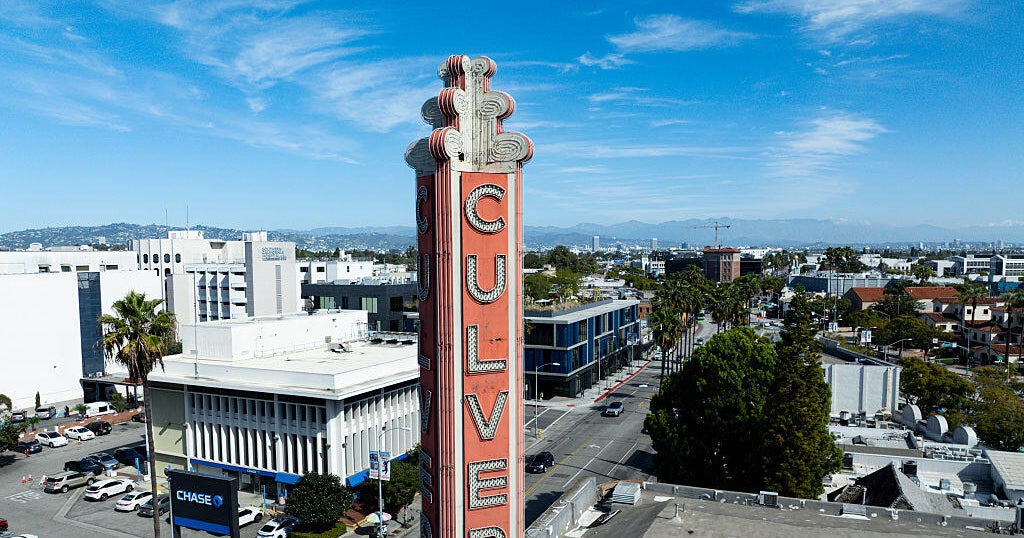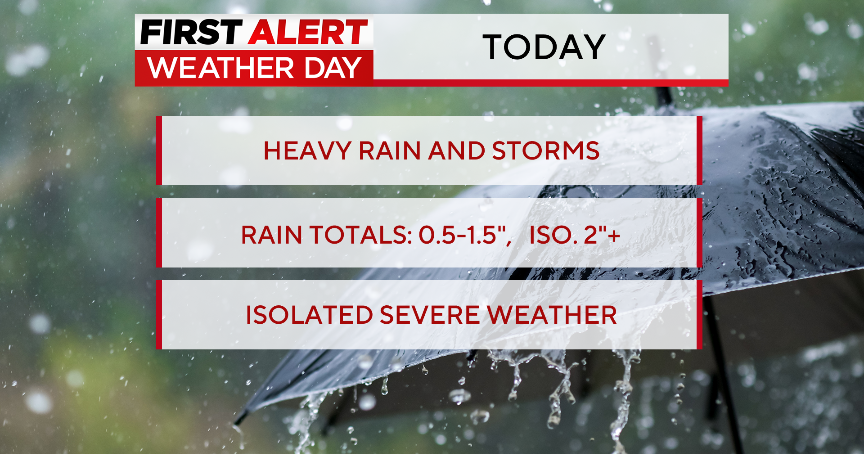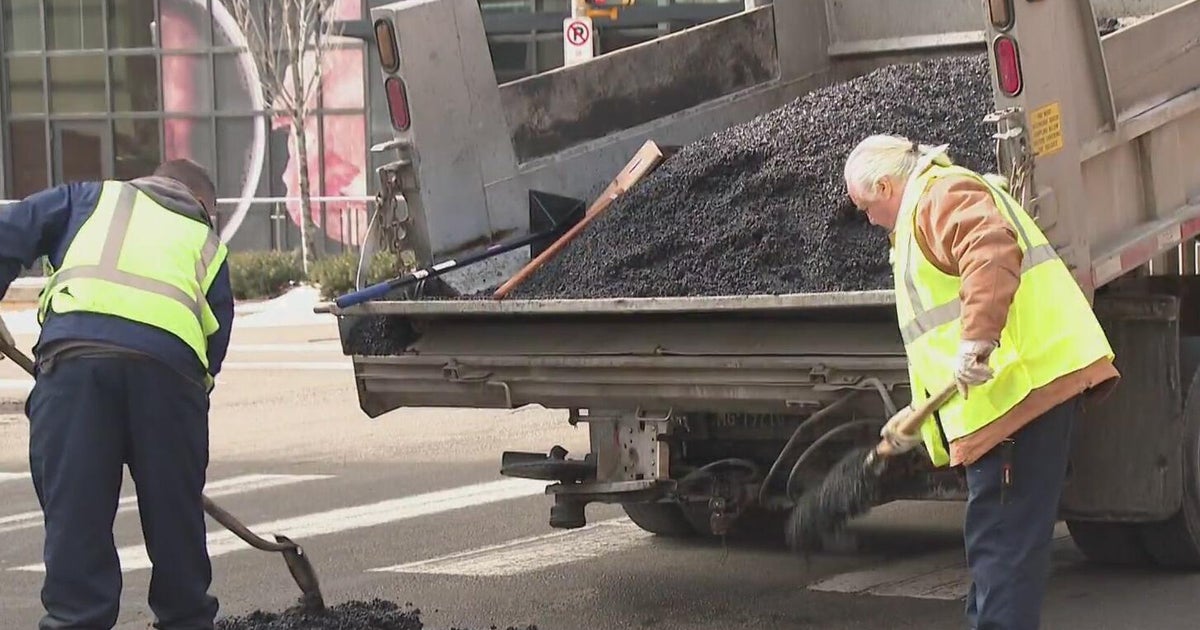De Blasio, Albanese Face Off In Final Democratic Mayoral Primary Debate
NEW YORK (CBSNewYork) -- Heated clashes and a bit of levity were seen as Mayor Bill de Blasio and former City Council Member Sal Albanese went head to head Wednesday night.
They traded barbs over issues from homelessness and affordable housing to Christopher Columbus statues in the second and final debate before next week's Democratic mayoral primary.
De Blasio and Albanese are the only two candidates who qualified for this debate based on criteria set by the Campaign Finance Board.
The debate was held at Elebash Hall at the CUNY Graduate Center, 365 Fifth Ave.
It also aired live on 1010 WINS and WCBS NewsRadio 880.
The hour-long debate was moderated by CBS2's Maurice DuBois leading a panel of questions CBS2 Political Reporter Marcia Kramer, 1010 WINS' Juliet Papa and Jillian Jorgensen of the New York Daily News.
DuBois began by asking Albanese who he was and what achievements in his recent past qualified him to run for mayor. Albanese, an immigrant who came from Italy at the age of 8 and went on to attend city public schools and graduate from SUNY, called himself a "New York story."
He said he had served 20 years in the City Council, before going into the private sector and working in law and finance – and also working as a schoolteacher for 11 years. He said 20 years in the private sector was preferable to a career all in politics as de Blasio has had.
DuBois then addressed de Blasio's campaign fundraising scandal. The U.S. Attorney's and Manhattan District Attorney's offices – while not pressing charges – had said de Blasio had acted inappropriately in his campaign financing methods.
"I'm very satisfied at the way I have led things. Everything was looked at very, very carefully – a tremendous amount of scrutiny that led to the clarification that we did things the right way," de Blasio said.
He added that his focus has been and will be on improving people's lives through initiatives such as pre-kindergarten and affordable housing, which he touted as successful.
Albanese went on to slam de Blasio on the issue of homelessness, with the homeless population now at nearly 60,000 in city shelters. The candidate claimed the mayor's policies do not help the homeless.
"I'm going to basically abandon and scrap all of the mayor's zoning proposals, because they contribute to displacement," Albanese said.
Albanese said de Blasio's plan involves developers who build luxury towers with "a sliver of so-called affordable housing," and said struggling New Yorkers cannot afford it and are being "driven into shelters."
"His plan has caused a lot of devastation around the city – from Jerome Avenue in the Bronx to El Barrio to Crown Heights to Sunnyside, people are revolting, because this is the end product of his proposal," Albanese said.
Albanese said he would construct "real" affordable housing.
De Blasio said the city is making progress on the homelessness crisis – and he his affordable housing plan is a valuable part of it.
"We have, for the first time ever, required developers to create affordable housing," de Blasio said. "We're going to have affordable housing built, and it's going to be paid for by developers."
He said affordable housing is now a matter of law that did not exist before he took office. He also said the city is reaching out to the homeless on the street via the HOMESTAT program, and many have come off the streets to shelters.
De Blasio went on to say gentrification is a "double-edged sword," but in past administrations, it was a problem as it just "grew and grew and grew" without government intervention.
He said the city is now helping those harmed by gentrification by subsidizing people to stay in their apartments, building 80,000 new affordable apartments where tenants will pay a third of their monthly income in rent, and requiring developers to create affordable housing as a matter of law. The mayor also noted that the city approved a rent freeze for rent-stabilized apartments for two years.
But Albanese said regardless, New Yorkers who make $30,000 to $40,000 still cannot afford to live in the city at all, and the homelessness crisis is worsening as a result.
CBS2's Kramer asked de Blasio to provide his personal opinion over whether the Christopher Columbus statue in Columbus Circle. A Monument Review Commission has been set up to review monuments and memorials that may cause offense.
De Blasio would not offer a personal opinion, though he did say he would not support changing the name of the Columbus Day holiday. The City Council in Los Angeles recently voted to change the name of the holiday to Indigenous People's Day.
"I think the right way to handle all the issues that have been brought up is it to have a commission that looks at all of these matters; comes up with, as best as possible, a universal standard for how we move going forward," de Blasio said.
Albanese said while he supports removal of Confederate statues, he does not believe the Columbus statue should come down. He also voiced objection the very existence of the Monument Review Commission.
"What (de Blasio) has done with this commission is create more schism and more division," Albanese said. "This is vintage Bill."
He told de Blasio, "Your ally, (City Council Speaker) Melissa Mark-Viverito, wants the (Columbus) statue down, and you don't have the guts to say no to her."
The candidates were also asked to discuss NYPD policies – including the stop, question and frisk practice that de Blasio campaigned against four years ago.
Albanese said he supports the practice when it is handled constitutionally, and noted that the mayor has a poor relationship with police officers.
But de Blasio emphasized that crime dropped dramatically even without stop-and-frisk, and noted that the advent of body cameras and other initiatives would improve the relationships between police officers and New York City communities.
Albanese countered that crime has been dropping since David Dinkins was mayor nearly three decades ago, and noted that crime is actually on the rise in some communities. He also noted that NYPD officers turned their back on the mayor during the funerals for two officers who were shot and killed in December 2014.
"I respect the bulk of the rank and file. They do a great job. They're the main reason why crime's down, not because of Bill. And he has not respected the officers in this city, and they feel it," Albanese said "I've never seen officers at a funeral turn their back on the mayor – three times."
The candidates also disagreed on the question of marijuana legalization. In an exchange that received a chuckle, Kramer asked de Blasio if he smoked marijuana.
De Blasio said he does not, though he did "once or twice" while attending NYU.
"Some days, I wish I did," de Blasio said.
The NYPD in stopped making arrests for minor marijuana possession in 2014 and made it a ticketable offense. While he said the issue warrants ongoing further discussion, the mayor said, "I believe the laws we have now are the right laws."
"I think we're going to have a lot more information now available to us as we see other states decriminalize. We're going to learn from their experience and see what it might tell us," de Blasio said. "But right now in this city, where we've continually driven down crime – we're the safest big city in America – we're dealing with marijuana offenses much more fairly. A small level possession alone is not cause for arrest anymore; only for summons."
Albanese said he has never smoked marijuana, but called for full legalization.
He said it should not be sold on the streets, but the city would instead follow the model seen in Colorado where there would be specifically-designated venues where people could buy marijuana recreationally -- and use the tax revenues for such efforts as improvement of city schools.
Albanese said, "What I want to do is have a forum and put it on the ballot – a referendum where we basically get the opinion of New Yorkers – New York City residents," on whether marijuana should be legalized.
In a follow-up, 1010 WINS' Papa asked about the city's move in 2015 to decriminalize acts such as public urination. He said the NYPD has agreed that stopping arrests for such offenses is the best way forward for law enforcement.
Albanese agreed that a ticket rather than arrest was appropriate for an offense such as public urination, but that should not mean that quality-of-life offenses should just be allowed to happen.
"You can't have people urinating on the streets of the city, and the officers still have the option for arresting someone, but the way to do it initially is by issuing a summons," he said.
The candidates also differed about how to fund upgrades and repairs for the struggling subway system. Albanese expressed support for congestion pricing, which Gov. Andrew Cuomo has suggested.
Such congestion pricing could include tolls on the East River crossings and a fee for crossing 60th Street in Manhattan. Albanese said it could also lower tolls on bridges that now charge them, Including the Verrazano Narrows, Throgs Neck, and Whitestone bridges.
But de Blasio reiterated his longstanding objection to congestion pricing, calling it a "regressive tax." He said an income tax hike on millionaires and billionaires should be used to fund subway improvements at the city level.
De Blasio has called for a plan where the the top tax rate would rise from about 3.9 percent to 4.4 percent. It would affect individuals making more than $500,000 a year and couples earning more than $1 million.
Kramer pointed out that legislative leaders in Albany have already said they would not pass such a tax, and the next election that could change the party balance in the state Legislature is far off. De Blasio stood his ground.
"If folks in Albany want to address this problem, the millionaires' tax is the best way to go about it…. There is no other alternative right now," he said.
Late in the debate, de Blasio took Albanese to task over how to deal with President Donald Trump.
"I have been very clear, and I've said it many times. A lot of journalists have asked me, you know, shouldn't you attempt to find some common ground with Donald Trump? Shouldn't you attempt to placate him? I've said, Donald trump only understands strength. The only way to deal with him is to stand up to him."
But he continued, directing his remark at Albanses, "You said in the article that you though there was a different way to handle Donald Trump – maybe to work with him more. I would love to hear what that looks like."
Albanese countered, "To use your term, it's factually inaccurate,"
The candidate said he finds Trump's policies "abhorrent" and would also stand up to them, "but I also realize that I've got to deal with HUD. I've got to deal with the Department of Transportation. I don't want to get into a personal grudge match with him like you did. You went out and protested in front of his building. You're the mayor of the city of New York."
"Wait, wait, just for clarification, you're saying that the mayor of New York City standing up to Donald Trump and protesting in front of his building is a bad idea?" de Blasio said. "I think it's an important thing to do."
"You're not a cheerleader," Albanese said. "You're the mayor of the city of New York."
The candidates also discussed a variety of other issues, including education policy and school overcrowding, aid to immigrants, and safety at construction sites.
As Kramer reported, de Blasio, of course, is a well-funded mayor with a roster of endorsements. Albanese, is known as a perennial candidate – plucky if underfunded – who got a boost when Gov. Cuomo refused to take sides in the Democratic primary.
Cuomo did endorse other city candidates in this election cycle, but he said he was sitting out when it came to the mayoral race because he lives in Westchester County.
When the pair last met, De Blasio defended his record on making New York more affordable and fighting for the city's residents, while his opponent said the mayor has failed at handling the homelessness crisis and mass transit woes.
The debate is co-sponsored by the New York Daily News, Common Cause New York, the New York Immigration Coalition, Rock the Vote and CUNY.
